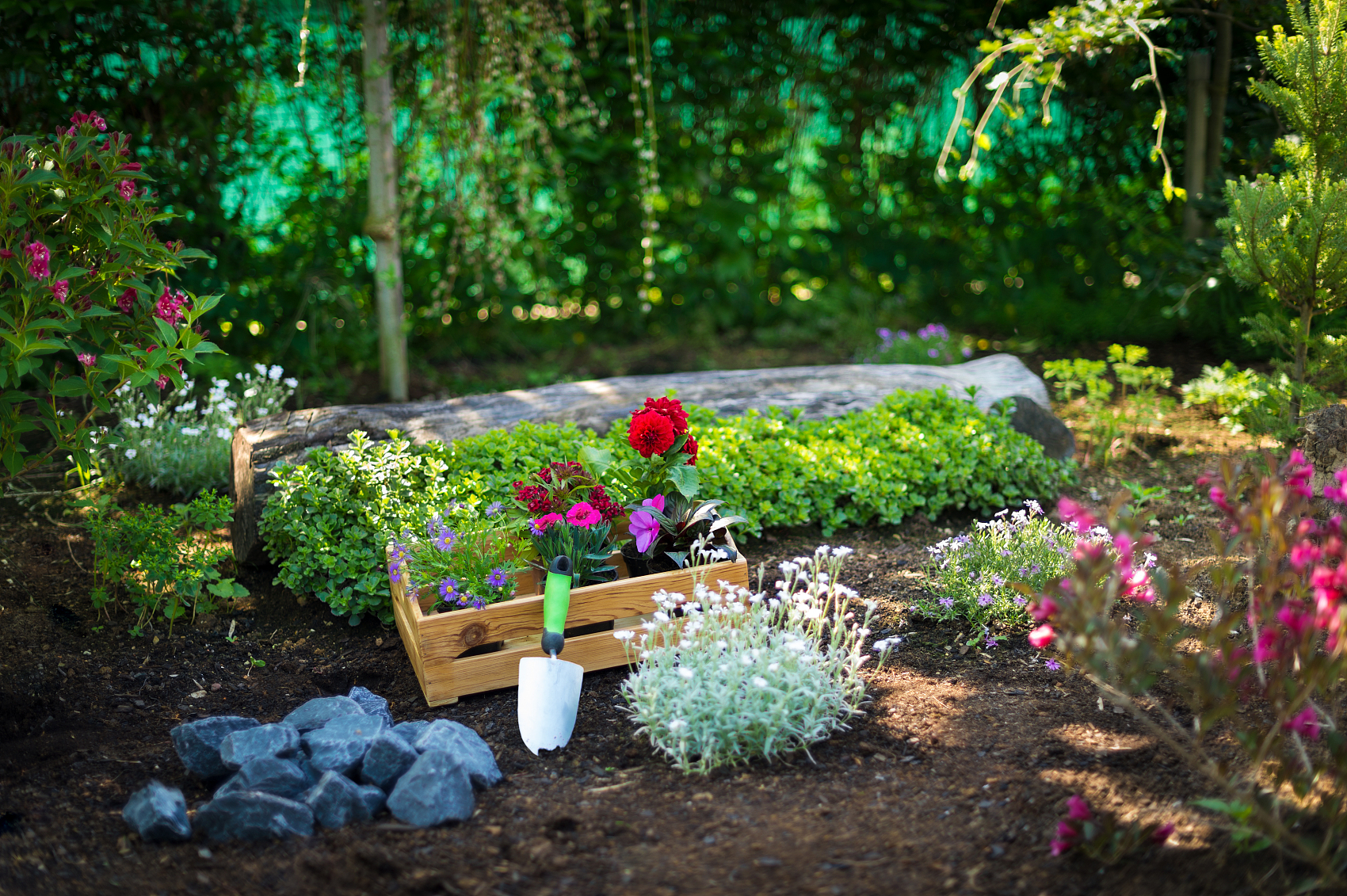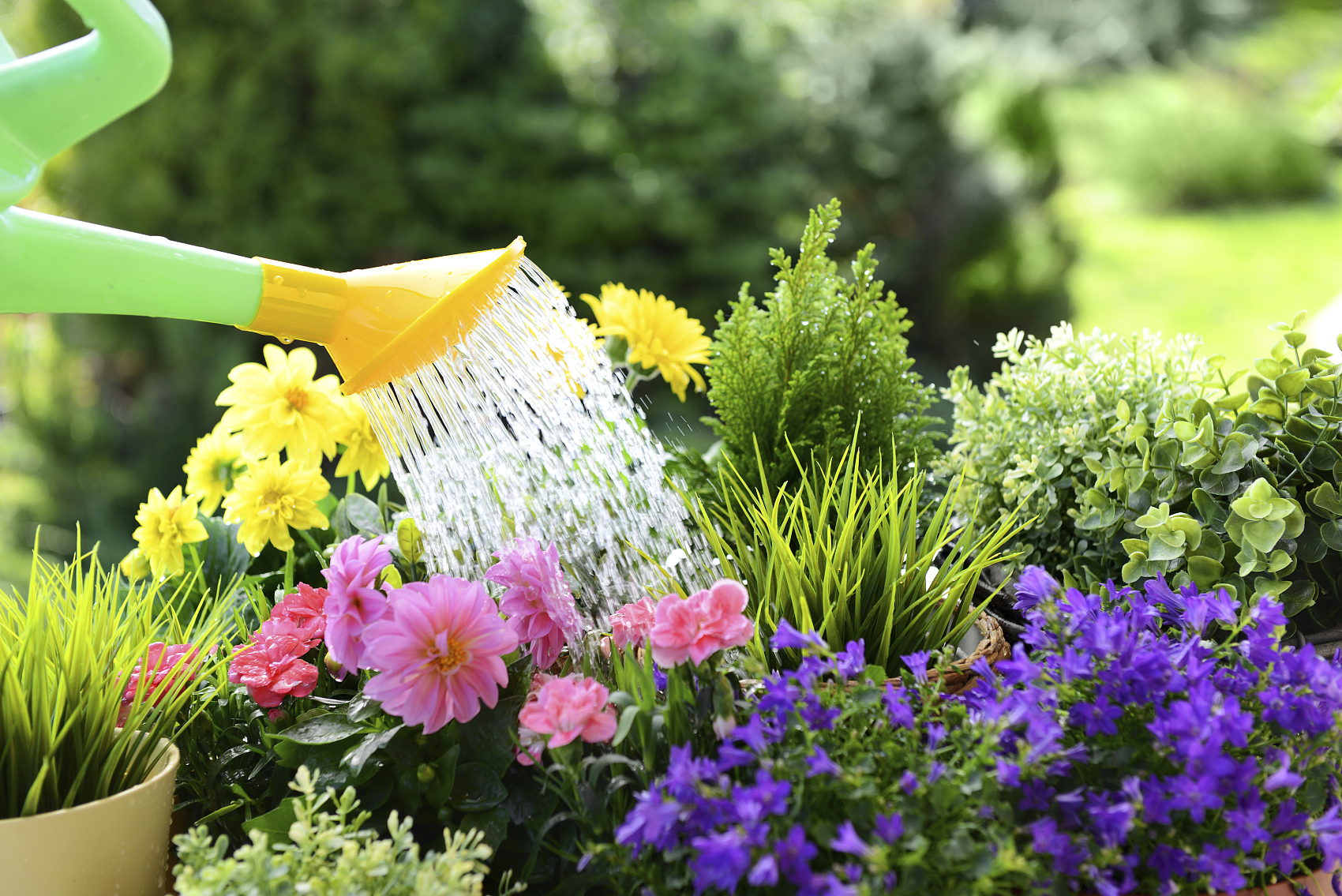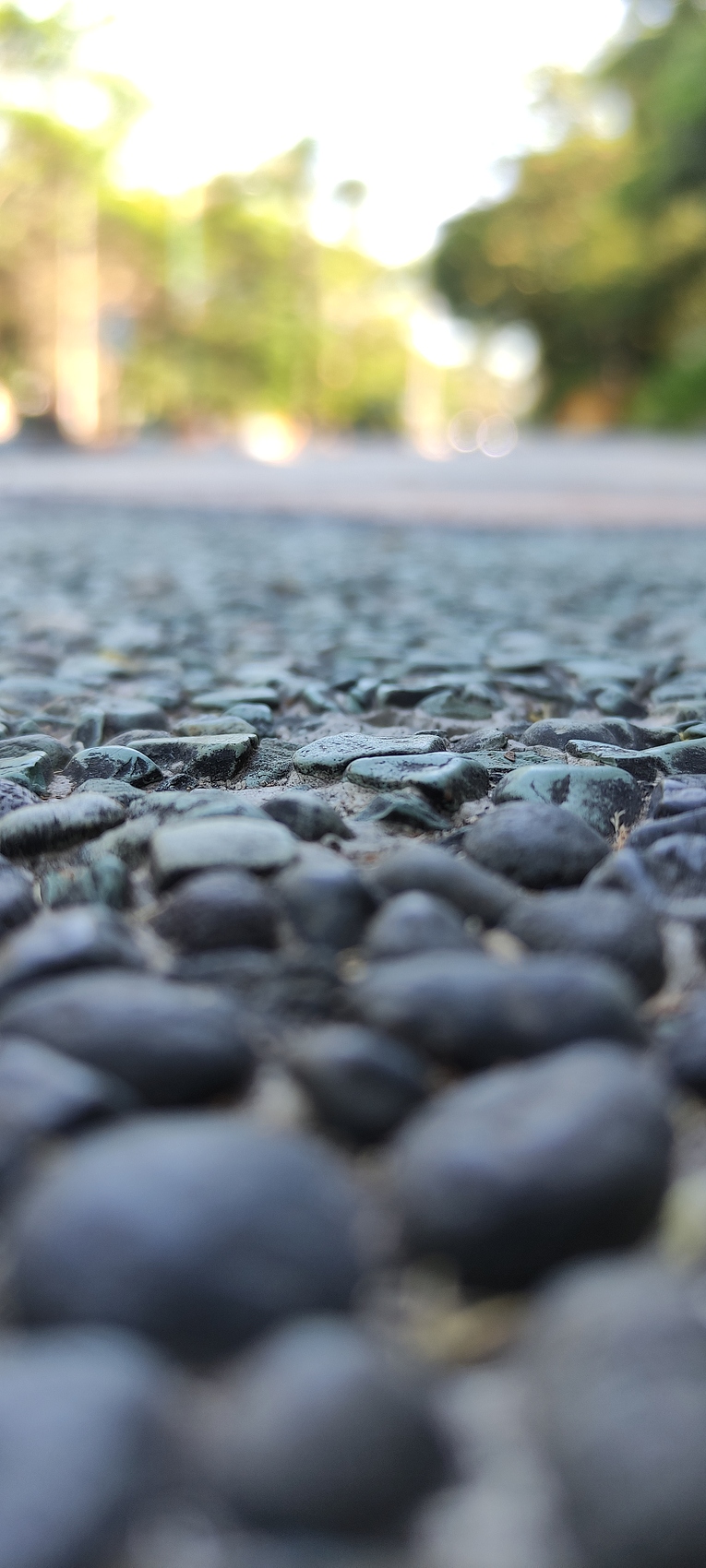When you think about carpenter ants, you might picture them chewing through your home’s walls. But there’s more to these pests than just that.
Unlike termites, carpenter ants (Camponotus spp.) don’t eat wood. They can cause serious issues outside your home, especially in your garden, yet not many resources discuss this problem.
How to Identify and Deal with Black Carpenter Ants
There are almost 1,000 species of carpenter ants, but the black carpenter ant (Camponotus pennsylvanicus) is the most recognized.
Here’s how to identify these ants and get rid of them in your garden.
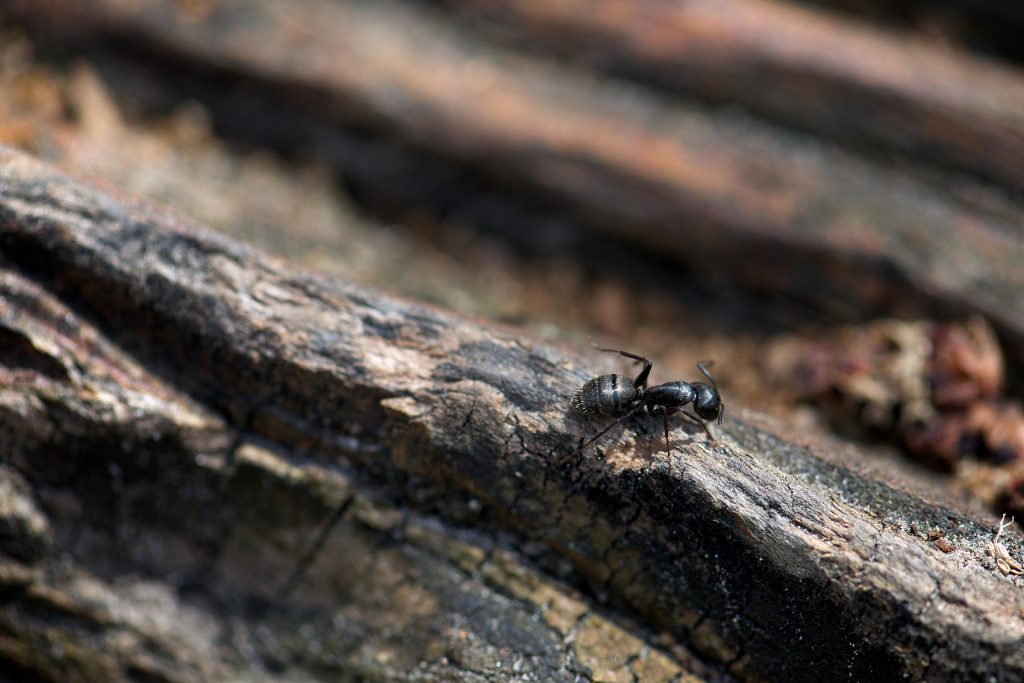
What Do Black Carpenter Ants Look Like?
Black carpenter ants have a dull black exoskeleton and yellowish to whitish hairs on their abdomens. Queens can grow up to 0.8 inches long, while major workers are about 0.66 inches, and smaller workers vary in size. A single colony can contain thousands of ants, and you might even hear them clacking as they move.
You can find black carpenter ants throughout the northern U.S., and they are particularly likely to invade homes.
What Do Black Carpenter Ants Eat?
These ants don’t consume wood, but they do need proteins and sugars. They often eat dead insects for protein, but sugars are where gardeners should be cautious.
Black carpenter ants sometimes feed on plant sap and even farm aphids, which are small insects that also sap plant nutrients. Smaller worker ants collect the honeydew produced by aphids, while the larger ants help protect them from predators.
How Black Carpenter Ants Harm Gardens
Aphids are notorious for sucking sap from plants. Their droppings, known as honeydew, can lead to fungal infections like powdery mildew and sooty mold. While aphids can damage plants, they usually don’t cause death.
Normally, beneficial insects like ladybugs keep aphid populations in check. However, carpenter ants defend their aphids from these helpful insects and can even target pollinators, making plants less healthy. This can stunt plant growth, reduce blooming, and put pollinators at risk.
Finding Black Carpenter Ant Nests
Locating carpenter ant nests can be tricky since they’re mainly active at night. They do follow chemical trails, though, which can lead you to them. If you notice a plant infested with aphids, look for large black ants nearby. If you spot smaller ants tending to the aphids, you’ve likely found the carpenter ants. Follow the larger workers, and they’ll take you to the colony entrance.
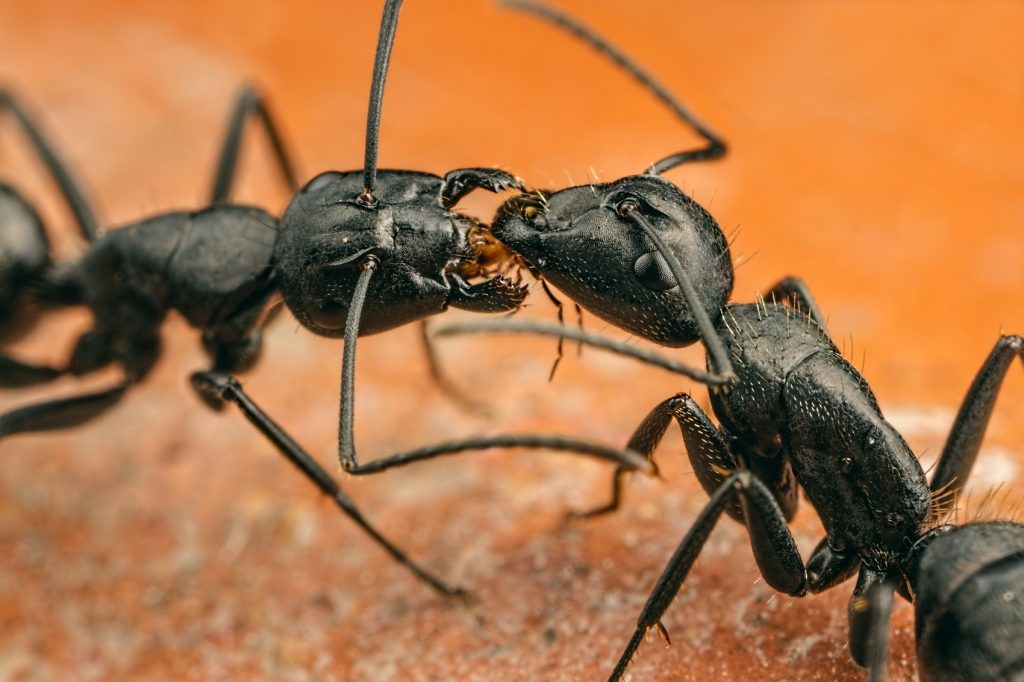
Getting Rid of Black Carpenter Ants
There are several effective methods to eliminate black carpenter ants, and using a combination often works best.
Chemical Insecticides: While chemical methods may not be as safe as natural ones, they tend to work quickly. You can find various insecticides like sprays and bait traps. Just make sure to choose products that won’t harm beneficial insects in your garden.
Diatomaceous Earth (DE): This non-toxic insect killer, made from crushed fossilized shells, is a must-have. Sprinkle DE around ant nests or trails. As ants walk over it, the shells will damage their exoskeletons, causing them to dehydrate. Remember to reapply it every few days, especially after rain.
Homemade Bait: Since carpenter ants need protein and sugars, you can create a homemade bait. Mix a cup of peanut butter with a teaspoon of boric acid, and consider adding confectioner’s sugar or honey. Place small bits on wax paper near the nest entrances. Keep pets and kids away, and consider protective covers for safety. The ants will carry this bait back to the colony, harming even the queen.
Neem Foliar Spray: This all-natural spray uses clarified hydrophobic neem oil, which is gentle on plants. You can buy it or make your own. Apply it at dawn or dusk to avoid harming beneficial insects. Spray thoroughly on affected plants, especially the undersides of leaves. Repeat every other day for two weeks. While it won’t eliminate the entire carpenter ant colony, it can reduce their numbers and cut off a major food source.
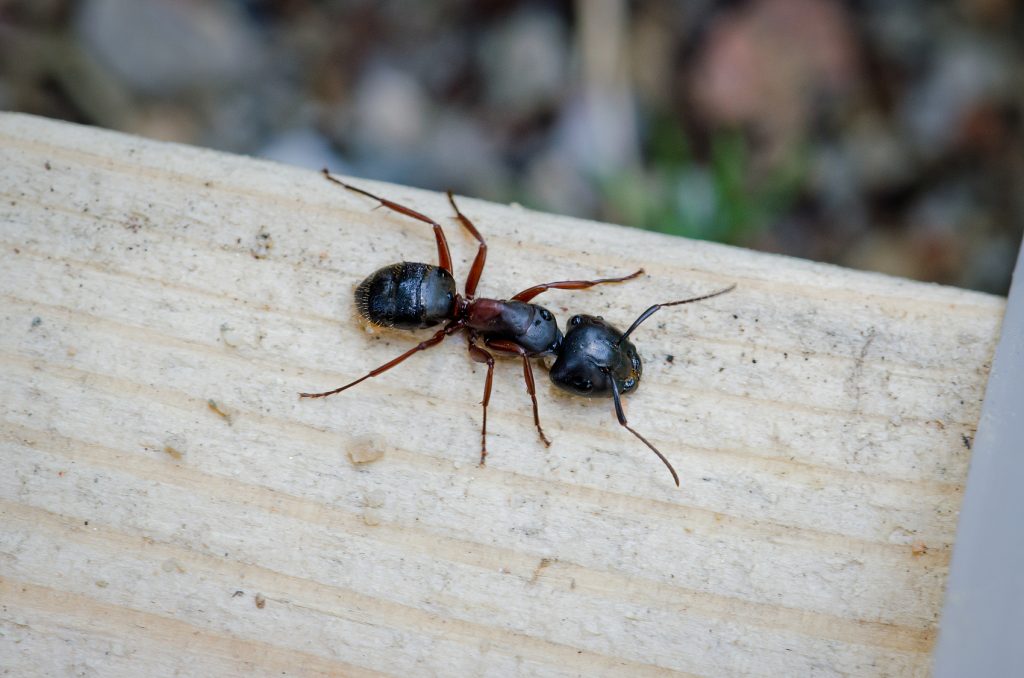
Benefits of Companion Planting
Companion planting is an excellent preventive measure against various pests, including black carpenter ants. Mixing specific plants into your garden can help deter them. Great options include lemongrass and peppermint, as well as rosemary, sage, and cloves. The strong scents from these plants can mask ant trails, making it harder for them to find food and making them easier targets for natural predators.


